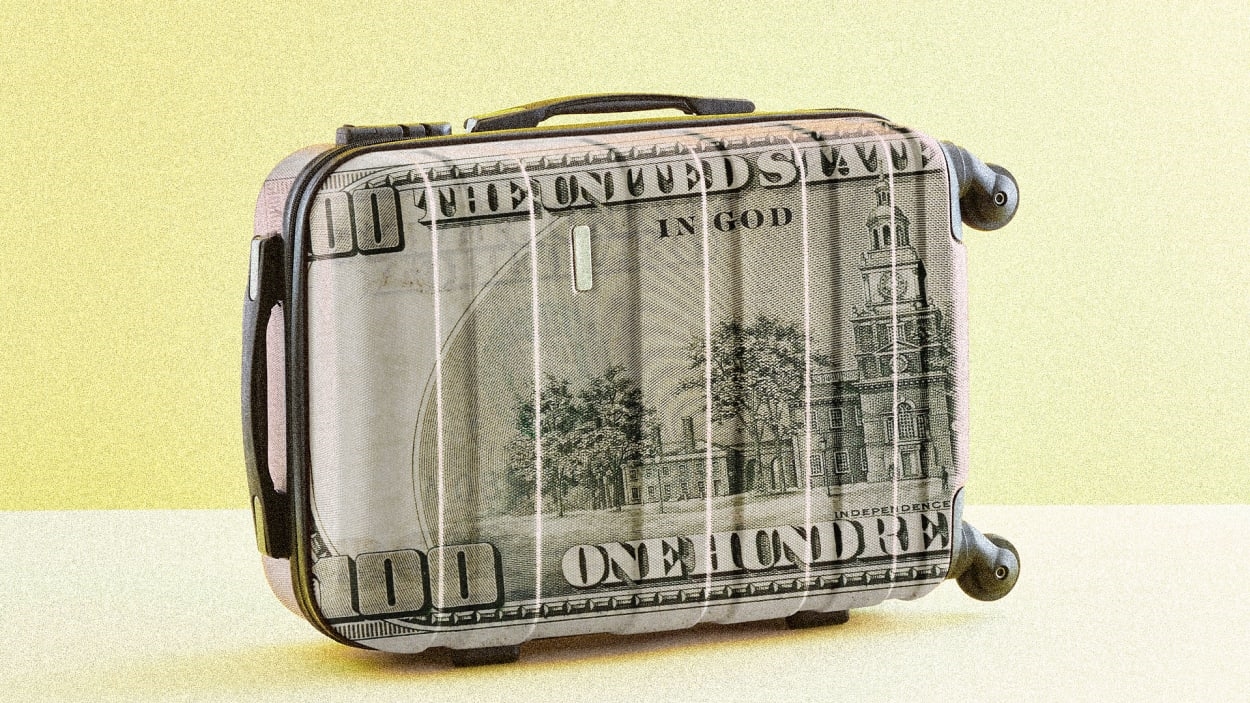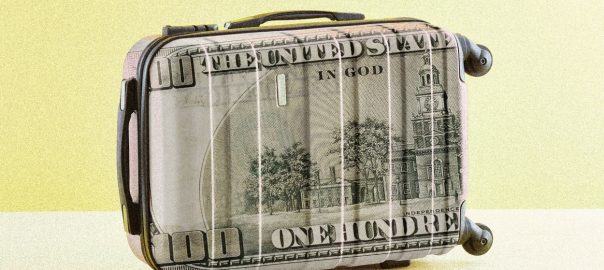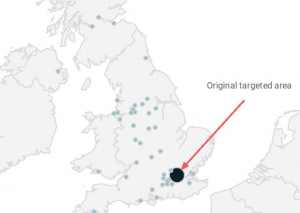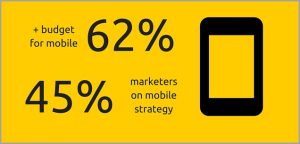
After more than two years of the pandemic, the lure of airports and airplanes, faraway locales, and stuffed suitcases is proving to be irresistible to many Americans.
According to the latest inflation tracker from market research firm Ipsos, which gathers data from 10,000 people across the globe and then examines smaller sections for trends, summer vacation plans are proceeding full-steam ahead—despite 40% of Americans saying they consider themselves to be high-risk due to inflation. Travel is 10% higher than it was at the same time last year, and people with summer travel plans report feeling better off physically and mentally than people without summer travel plans—72% compared to 53%, according to the survey.
Summer travelers are also apparently super excited about their trips. According to the survey, 87% of them said they’ve planned something they’re “looking forward to” versus only 45% of people who aren’t traveling this summer.
All that said, summer travel comes with a price tag, and travelers are making adjustments based on their wallets. While 53% of Americans who responded to the survey had travel plans, only 15% had plans to travel to another country, while 31.6% have travel plans within the country, and 29% within their own state. Meanwhile, among those who felt most at risk due to inflation, plans for travel dropped from 49% to 46%.
While the summer travel planning abounds, most Americans are expecting that fall will bring cuts: 72% of respondents said they expect inflation will rise by fall. Meanwhile, 27% expect their standard of living will decline, up from 19% in Ipsos’s spring tracker.
Sadly, in a vicious cycle of burnout, those who are least able to afford a vacation will likely need it the most. According to the report, 67% of Americans at high risk of inflation expect to retire later, and 49% report feeling burned out at work. These changes might be hardest on the middle class, Andrew Buss, a senior client officer at Ipsos US, warns. “Middle-income households are now having to adjust their spending in ways they haven’t had in the past.”
(23)
Report Post







